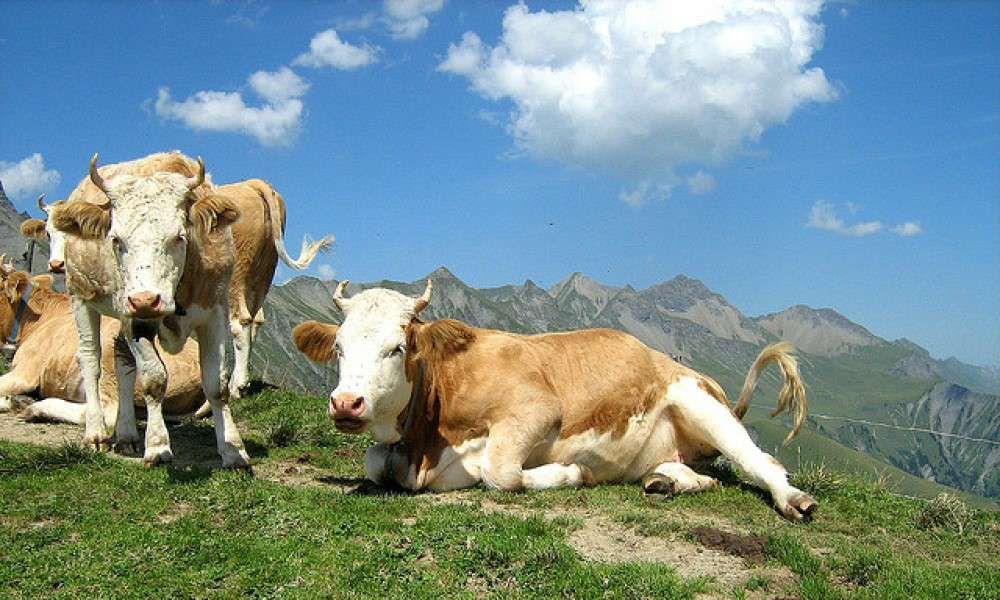Cow – The Life Nourisher

Sadhguru: Never before in the history of humanity, has food been as organized as it is today. Today, you can walk into a store if you have the money, you can buy all the food that you need for the whole year, go home, and just live there without stepping out of your house. Such a thing was never possible till about 25, 30 years ago. In the thousands of years of human history, food has always been the main issue of humanity. Only now our attention is moving to other things because food is so organized, that throughout the year it is available all the time. Never before this was so.
Famines were quite normal in almost every culture, in every society. In this culture, when famines came, the simple rural wisdom was that if you have a cow in your house, your children will live. If you do not have a cow in your house, your children will die, it was as simple as that. So the cow naturally became like a mother, it is like a surrogate mother to us. When our mother's breast could not feed us anymore, and the next level of food did not come to us, the cow was like a mother for everybody. All of us at some point have sustained and nourished ourselves on cows' milk, is it not? It became very sacred because it is a life nourisher and what should have gone to its own offspring, it allows us. We believe such things, but whether it allows or not we take it. Because it nourishes us in that way, it is like the number two mother in our life. So in this culture some sanctity was given to the cow.
Another reason is that the cow has very human kind of emotions. The cow is one animal which responds to your own grief and sorrow. Suppose you are very miserable, the cow feels this and sheds tears for your pain. That is the reason why in India it was said you should not kill a cow because its emotions are close to that of a human being.
People have very deep relationships with cows. Today it has gone, they are all in dairy farms, milk them, milk them, that is all we know. But otherwise in villages, people have a very intimate relationship with the cows.
Subscribe



